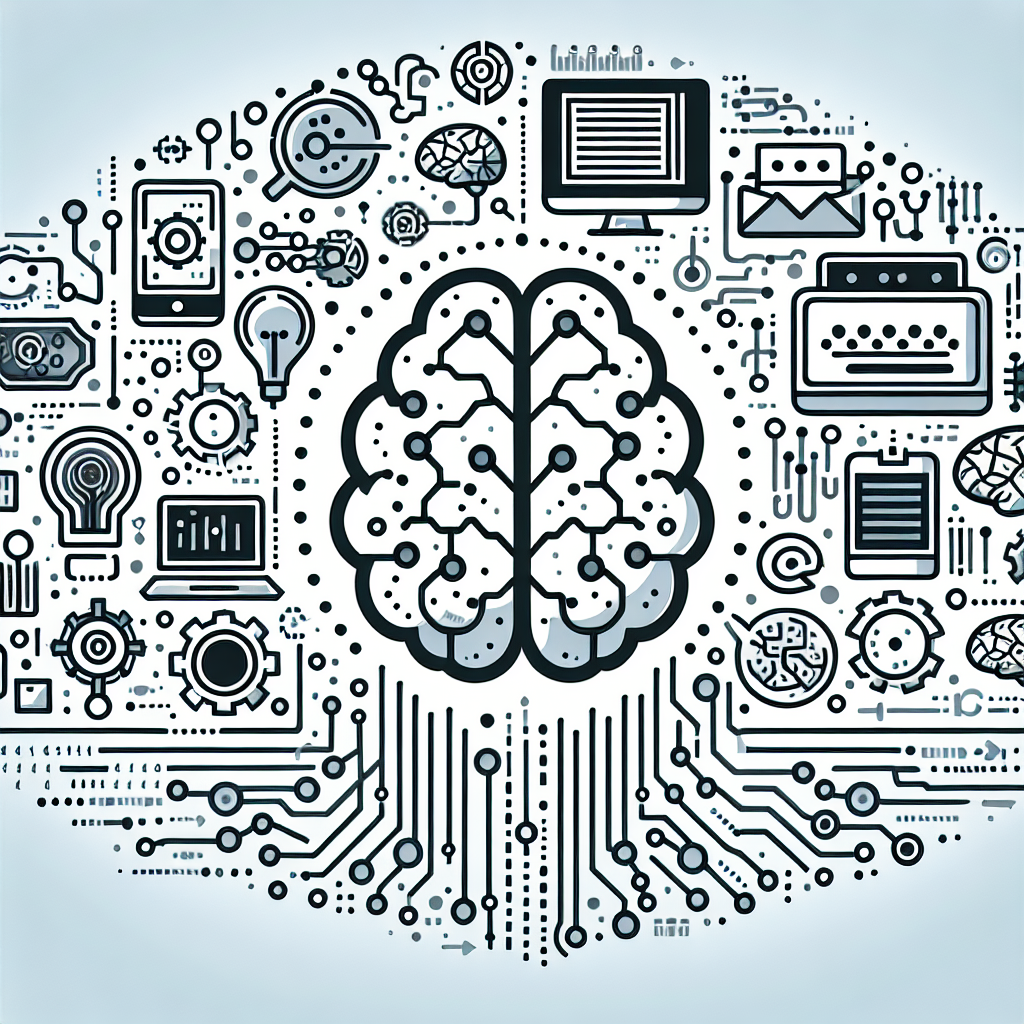Natural Language Processing (NLP) is a branch of artificial intelligence that focuses on the interaction between computers and human languages. One of the key applications of NLP is speech synthesis, which involves the generation of human-like speech from text input. Over the years, advances in NLP technology have had a significant impact on the field of speech synthesis, leading to more natural and realistic-sounding voices.
The Impact of NLP on Speech Synthesis
NLP has revolutionized the field of speech synthesis by enabling more accurate and natural-sounding voice generation. Traditionally, speech synthesis systems relied on predefined rules and templates to convert text into speech. However, these systems often produced robotic and unnatural-sounding voices, lacking the intonation and expressiveness of human speech.
With the advent of NLP technology, speech synthesis has evolved significantly. NLP algorithms can now analyze the text input, understand its meaning, and generate speech that is more in line with natural human speech patterns. This has led to the development of more advanced and realistic speech synthesis systems, capable of producing voices that are indistinguishable from those of human speakers.
One of the key advancements in NLP that has had a significant impact on speech synthesis is the development of deep learning models, such as recurrent neural networks (RNNs) and transformers. These models are capable of learning complex patterns in language data and generating more natural-sounding speech. By training these models on large amounts of text data, researchers have been able to improve the quality and accuracy of speech synthesis systems.
Another important aspect of NLP that has influenced speech synthesis is the development of natural language understanding (NLU) systems. NLU algorithms can analyze text input and extract meaning from it, allowing speech synthesis systems to produce more contextually relevant and expressive speech. By incorporating NLU capabilities into speech synthesis systems, researchers have been able to create voices that can adapt to different contexts and convey emotions more effectively.
Overall, the impact of NLP on speech synthesis has been profound. Advances in NLP technology have led to the development of more natural and realistic-sounding voices, improving the overall quality and usability of speech synthesis systems. As NLP continues to evolve, we can expect further advancements in speech synthesis technology, leading to even more lifelike and expressive voices.
FAQs
Q: What is the difference between speech synthesis and speech recognition?
A: Speech synthesis is the process of generating human-like speech from text input, while speech recognition is the process of converting spoken language into text. In other words, speech synthesis creates speech from text, while speech recognition converts speech into text.
Q: How does NLP improve speech synthesis?
A: NLP improves speech synthesis by enabling systems to analyze text input, understand its meaning, and generate speech that is more natural and expressive. By incorporating NLP technology, speech synthesis systems can produce voices that are indistinguishable from those of human speakers.
Q: What are some applications of NLP in speech synthesis?
A: Some applications of NLP in speech synthesis include virtual assistants, voice-controlled devices, and text-to-speech systems. NLP technology is used to generate natural-sounding voices for these applications, enhancing the user experience and making interactions more seamless.
Q: What are some challenges in NLP-based speech synthesis?
A: Some challenges in NLP-based speech synthesis include generating voices with accurate intonation and emphasis, adapting to different accents and dialects, and conveying emotions effectively. Researchers are actively working to address these challenges and improve the quality of speech synthesis systems.
Q: How can NLP technology be used to improve speech synthesis in the future?
A: In the future, NLP technology can be used to further enhance the quality and accuracy of speech synthesis systems. Researchers are exploring new approaches, such as combining NLP with other AI technologies like computer vision and emotion recognition, to create even more lifelike and expressive voices.

